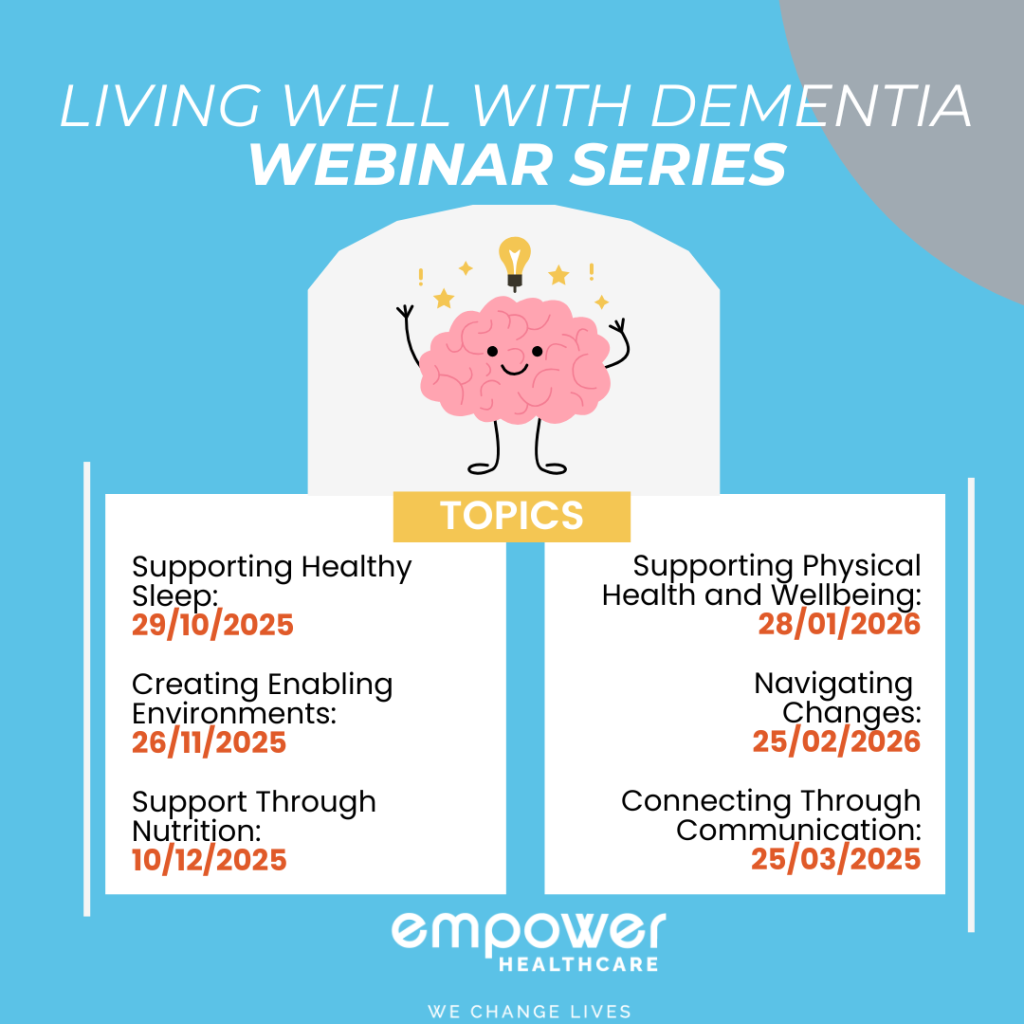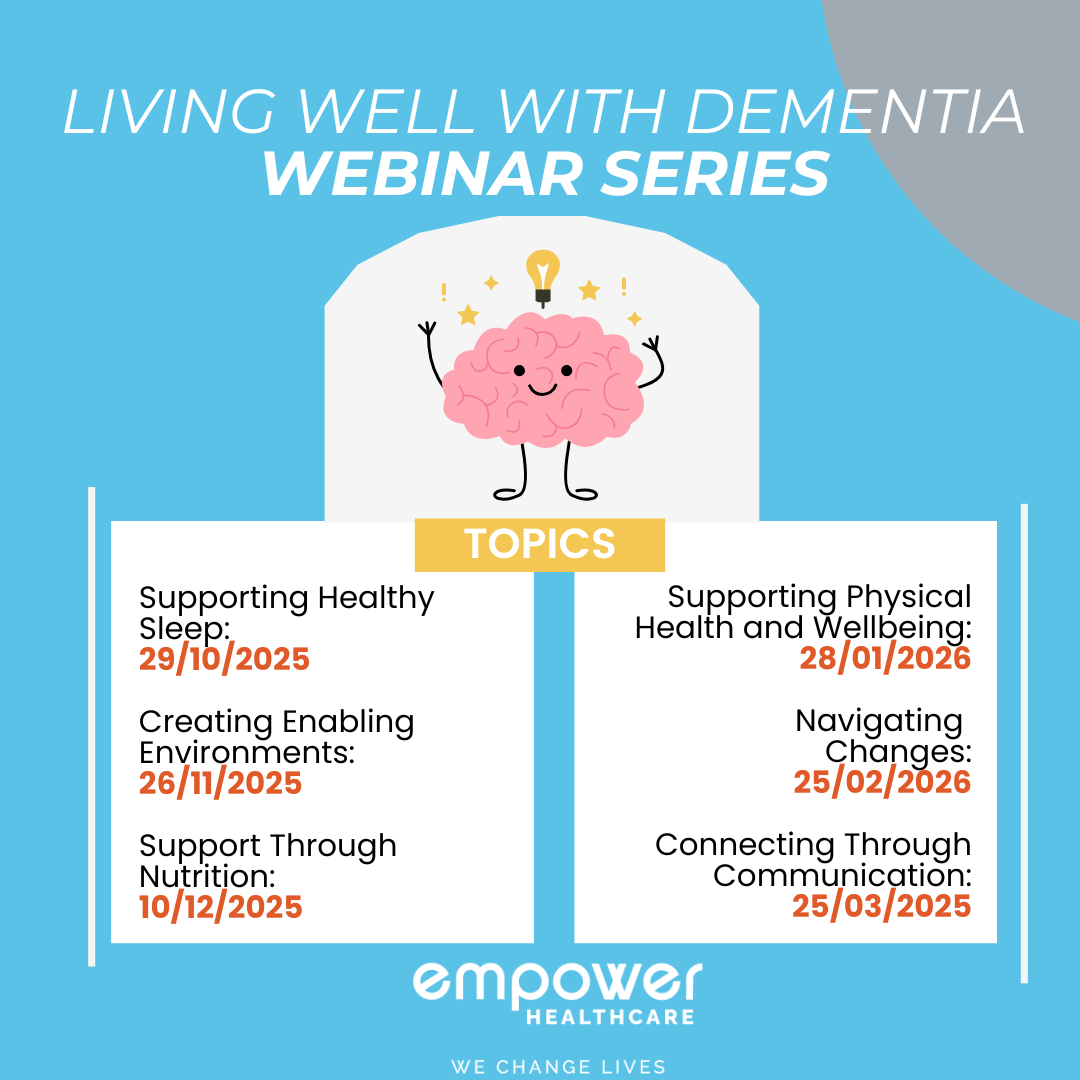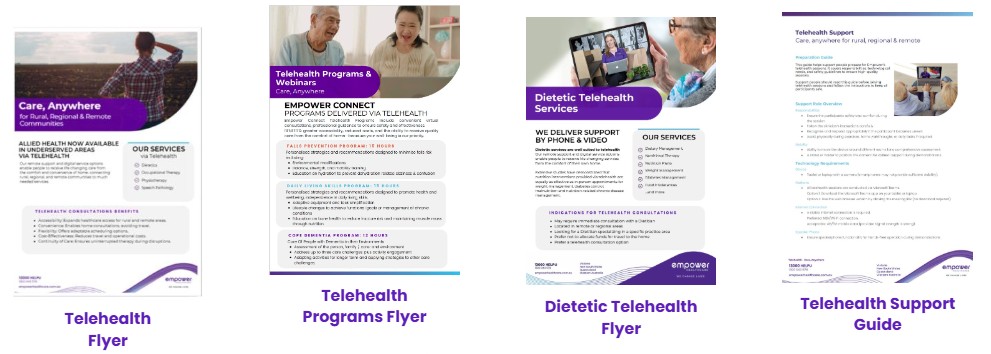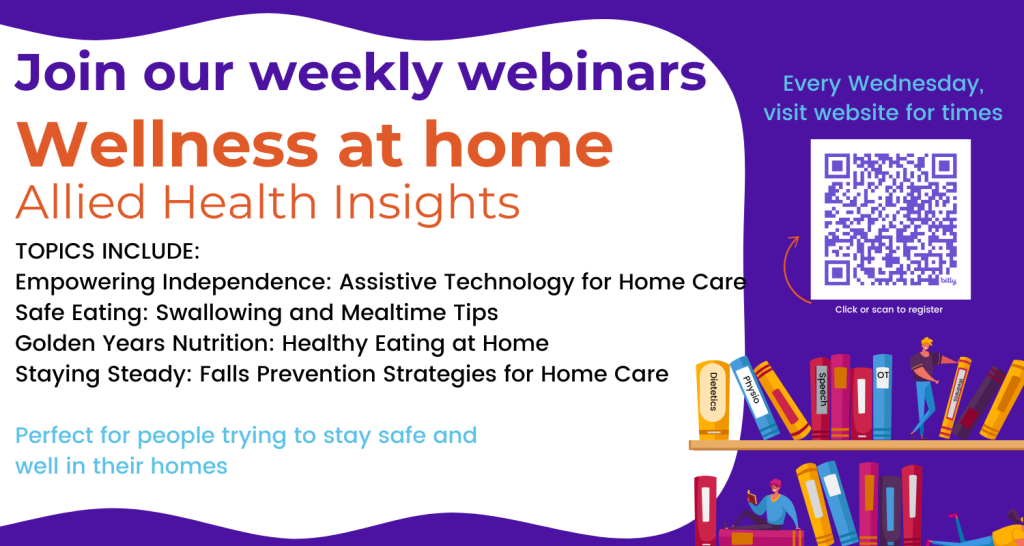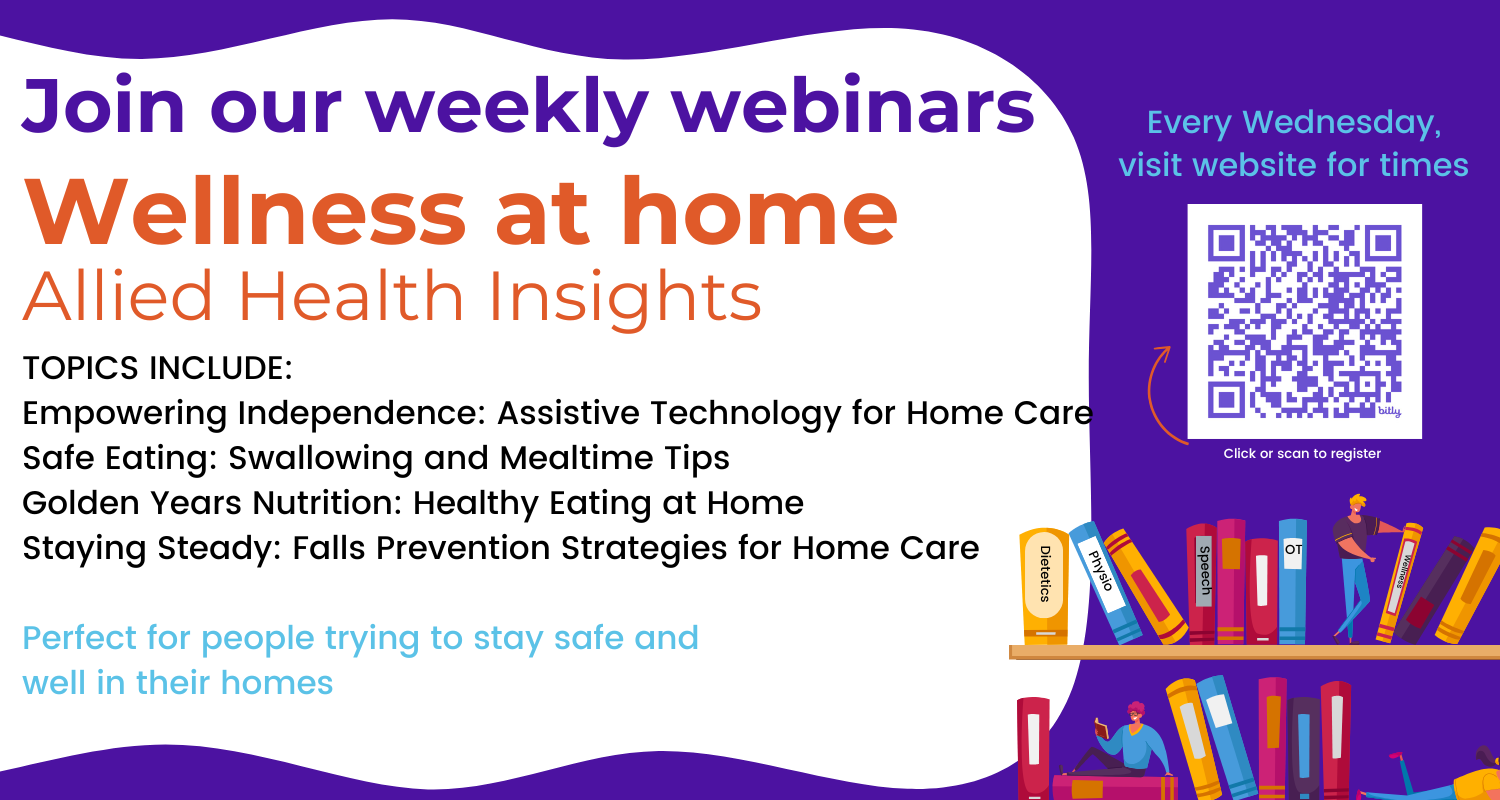In healthcare, scope of clinical practice refers to the specific roles, responsibilities, and clinical activities that a healthcare professional is educated, competent, and authorised to perform.
At Empower Healthcare, we ensure that every team member from physiotherapists to nurses operate within their defined scope to deliver safe, effective, and evidence-based care.
This scope is tailored to each professional based on their:
- Clinical skills and knowledge
- Professional registration (where applicable)
- Performance and experience
- Suitability for specific clinical tasks
Why Is Scope of Practice Important?
Working within scope is essential to:
- Ensure participant safety
- Maintain legal and ethical standards
- Deliver high-quality, evidence-based care
Just as you wouldn’t ask a vet to fix your car, each allied health discipline has its own specialised training and purpose. Understanding these differences helps providers and participants make informed decisions about care.
Common Misconceptions About Allied Health Roles
Let’s break down some of the most common misunderstandings about the roles of different healthcare professionals.
Physiotherapy vs Remedial Massage
Physiotherapists are trained to assess, diagnose, and treat a wide range of conditions, including:
- Musculoskeletal injuries
- Neurological disorders
- Cardiorespiratory conditions
They use a combination of exercise prescription, mobility training, and manual therapy to promote recovery and prevent further injury.
Remedial Massage Therapists, on the other hand, focus on soft tissue manipulation to relieve muscle tension, improve circulation, and support relaxation. While they don’t diagnose or prescribe exercise programs, their work complements physiotherapy by providing immediate relief and enhancing muscle health.
At Empower Healthcare, our Physiotherapy and Remedial Massage services often work hand-in-hand to support holistic recovery.
Occupational Therapy vs Physiotherapy
Occupational Therapists (OTs) help individuals participate in daily activities, whether it’s self-care, work, or leisure. They are proficient in:
- Functional assessments
- Equipment prescription (e.g., wheelchairs, bathroom aids)
- Home modifications
- Cognitive and sensory strategies
Physiotherapists, while also focused on mobility and function, are trained in gait aid prescription and physical rehabilitation. They assess balance, strength, and mobility to recommend appropriate walking aids.
At Empower, our Occupational Therapy and Physiotherapy teams collaborate closely, referring clients to each other when specialised input is needed.
Other Empower Healthcare Services
In addition to the services above, Empower Healthcare offers:
- Nursing – Medication management, Wound care, Diabetes and catheter management, Stoma care and pressure injury prevention
- Podiatry – Foot health assessments, diabetic foot care, and orthotic prescription
- Dietetics – Nutritional support for chronic conditions, weight management, and aged care
- Osteopathy – Treat structural and functional integrity of the human body, focusing on musculoskeletal system
- Speech Pathology – Communication and swallowing assessments and therapy
- Wellness Programs – Group and individual programs to support dementia, physical and mental wellbeing
Each service is delivered by qualified professionals working within their defined scope to ensure the highest standard of care.
Stay in Your (Scope) Lane
Understanding the differences between allied health roles empowers participants to make informed decisions and ensures they receive the most appropriate care. We can also provide clinician bios so you can get to know your clinician. At Empower Healthcare, we’re committed to collaborative, multidisciplinary care that respects each professional’s scope of practice.
Need help choosing the right service?
https://www.empowerhealthcare.com.au/contact-us/
or
https://www.empowerhealthcare.com.au/referral-form/ today
References
- https://www.safetyandquality.gov.au/publications-and-resources/resource-library/nsqpch-standards-guide-healthcare-services/clinical-governance-standard/clinical-performance-and-effectiveness/evidence-based-care
- https://www.health.gov.au/topics/nurses-and-midwives/about
- https://www.betterhealth.vic.gov.au/health/serviceprofiles/physiotherapist-service
- Downie S, Walsh J, Kirk-Brown A, Haines TP. (2023). How can scope of practice be described and conceptualised in medical and health professions? Int J Health Plann Mgmt.
- https://www.healthdirect.gov.au/remedial-massage
- https://insight.edu.au/blog/duties-responsibilities-home-care-assistant/
…




